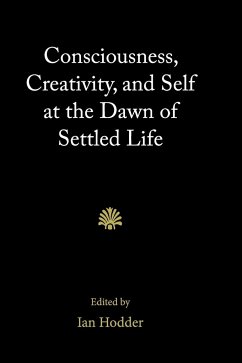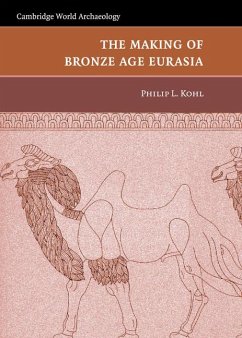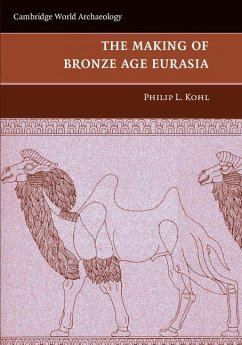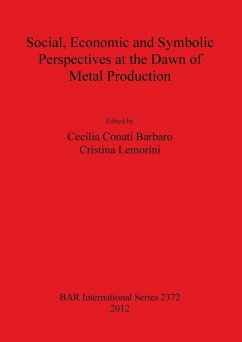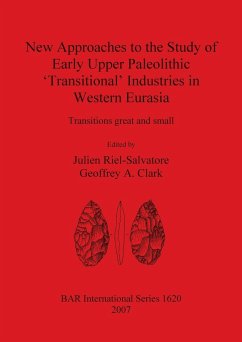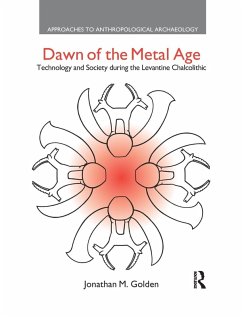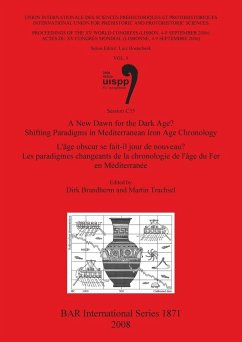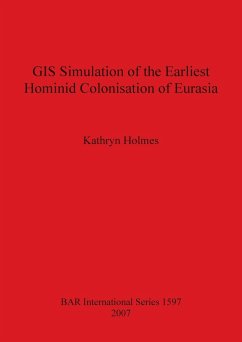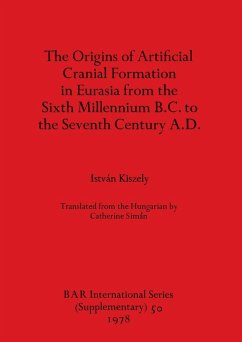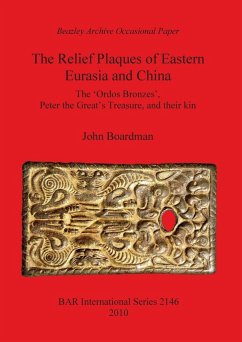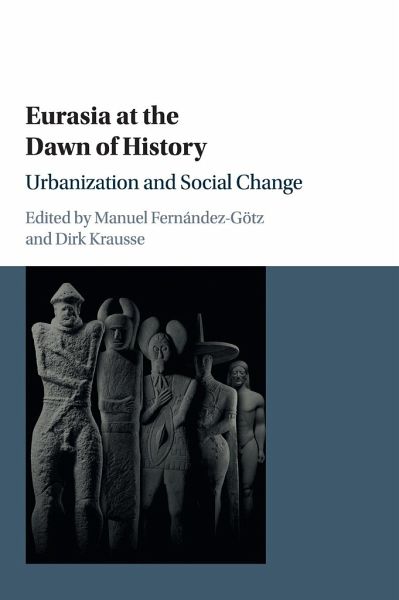
Eurasia at the Dawn of History
Versandkostenfrei!
Versandfertig in 1-2 Wochen
147,99 €
inkl. MwSt.
Weitere Ausgaben:

PAYBACK Punkte
74 °P sammeln!
Our current world is characterized by life in cities, the existence of social inequalities, and increasing individualization. When and how did these phenomena arise? What was the social and economic background for the development of hierarchies and the first cities? The authors of this volume analyze the processes of centralization, cultural interaction, and social differentiation that led to the development of the first urban centres and early state formations of ancient Eurasia, from the Atlantic coasts to China. The chronological framework spans a period from the Neolithic to the Late Iron ...
Our current world is characterized by life in cities, the existence of social inequalities, and increasing individualization. When and how did these phenomena arise? What was the social and economic background for the development of hierarchies and the first cities? The authors of this volume analyze the processes of centralization, cultural interaction, and social differentiation that led to the development of the first urban centres and early state formations of ancient Eurasia, from the Atlantic coasts to China. The chronological framework spans a period from the Neolithic to the Late Iron Age, with a special focus on the early first millennium BC. By adopting an interdisciplinary approach structured around the concepts of identity and materiality, this book addresses the appearance of a range of key phenomena that continue to shape our world.





